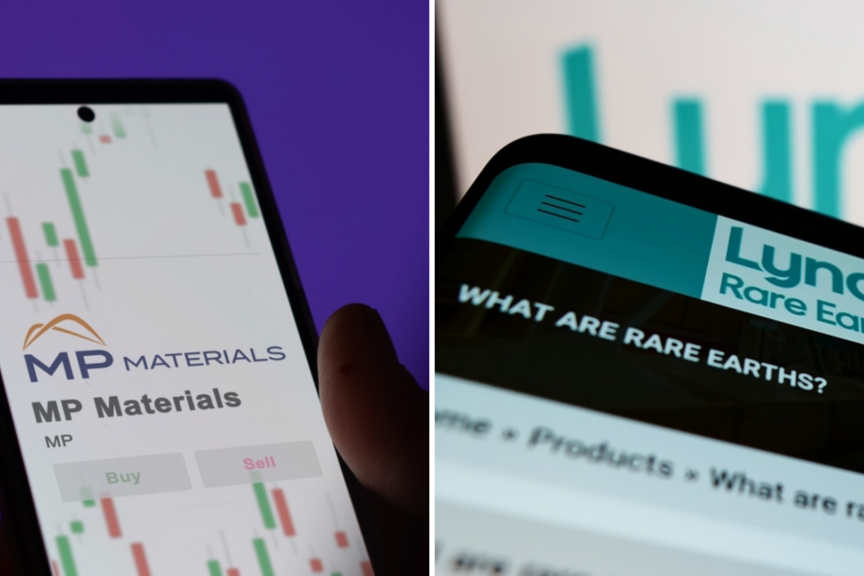Lynas Rare Earths Ltd, an Australian rare earths producer, has officially ended discussions with U.S.-based MP Materials Corp, putting an end to speculation about the creation of a rare earths industry leader. The termination of these confidential talks comes as a disappointment to those hoping for a potential merger between the two companies.
Combined, Lynas and MP Materials have a market capitalization of $6.44 billion, making them the largest players in the rare earths market outside of China. China currently dominates the market, controlling around 87% of global refining capacity. Even large operators like MP Materials rely on China’s support, sending around 43,000 tons of rare earths to Chinese refineries in 2022.
The Chinese government’s control over the rare earths market has raised concerns among other countries, especially as the prices of rare earths have sharply dropped due to a slowdown in the Chinese economy. Despite this, China has continued to ban exports and has added technology for making rare earth magnets to the export restriction list.
A potential merger between Lynas and MP Materials could have challenged China’s dominance and helped strengthen supply chains in the West. However, some experts question the strategic value of such a merger. Andy Foster, a portfolio manager at Argo Investments, believes that there may not be significant synergies beyond consolidating supply.
Lynas operates the Mount Weld mine in Western Australia, which is considered one of the world’s premier rare earths deposits. It also operates the world’s largest single rare earths processing plant in Malaysia and has secured a greenfield site in Texas for a planned heavy rare earths facility. Lynas has a strong position in the rare earths industry, which may have made the merger less attractive for some shareholders.
Reports suggested that a potential deal would have involved Lynas delisting in Australia, while MP Materials would maintain its listing on the New York Stock Exchange. However, anti-trust regulations and the complexities of aligning interests posed significant hurdles to the merger.
While the termination of talks between Lynas and MP Materials is a setback for those hoping for a rare earths industry leader outside of China, the challenges and complexities involved in such a merger highlight the difficulties of challenging China’s dominance in this critical sector. As countries seek to reduce their dependence on China for rare earths, finding alternative solutions and strengthening supply chains will remain a priority in the coming years.





